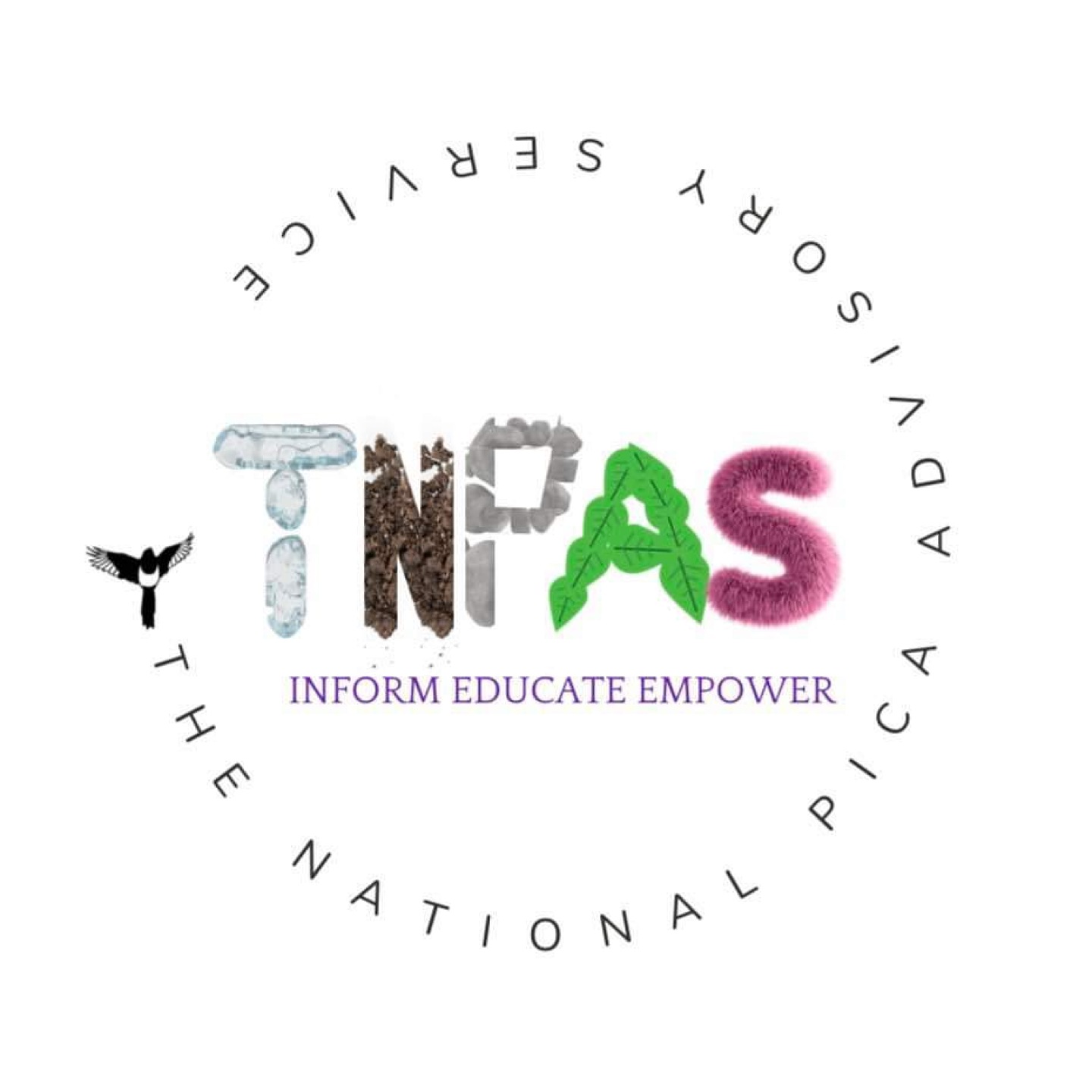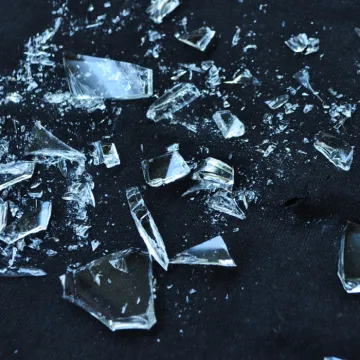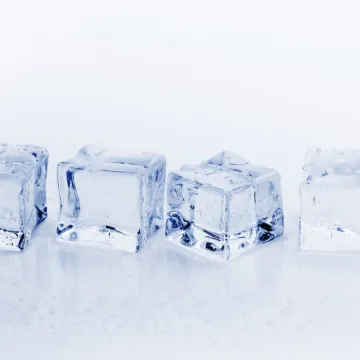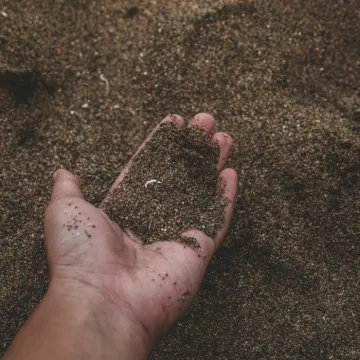What is Pica?
Pica is a disorder marked by compulsive consumption of non-food items like glass, soil, lead, or ice. It's linked to mineral deficiencies or mental health issues and diagnosed by DSM-5 criteria. Treatment includes therapy, lifestyle changes, and nutritional adjustments. Support services offer advocacy, housing assistance, and welfare benefits.
What is Pica
A Psychological disorder that is defined by the compulsive eating of non food substances. There are different types of Pica. Some examples of the practice are
Hyalophagia: ingesting glass
Geophagia: earth soil or clay
Plumbophagia: eating lead
Pagophagia: eating ice.
Some people who practice Pica have iron and other mineral deficiencies and in some people it is an eating disorder. It can be used by people with other mental health conditions as a coping mechanism. In others, they could be suffering from blood disorders such as sickle cell anaemia or thalassemia.
Diagnostic Criteria
The fifth edition of the American Psychiatric Association publishes the Diagnostic and Statistical Manual of Mental Health Disorders and from this, we get the four criteria that establish the condition
The following are bullet points and I have worded so that we are not in breach of copyright and I have also tried to simplify the wording so if we can stick that would be great.
A. The eating of the non- nutritive substance is not part of a culturally supported or socially accepted practice. If this practice is not a religious, cultural then it is Pica.
B. The ingesting of the non- nutritive substance is being practised for over a month
C. The eating of the non-nutritive substance is inappropriate to the developmental age of the patient so children below the age of two are not discriminatory when it comes to what they ingest so cannot be diagnosed with Pica.
D. If the patient suffering from a mental disorder or another medical condition practices Pica, the practice has to be significant enough to warrant medical investigation or treatment that is specific to Pica alone.
Who Practices Pica
This can range from women in pregnancy to other people who are sickle cell anaemic, people with mental health disorders, living with developmental challenges, people with mineral deficiencies. The list is exhaustive and therefore each patient may have underlying factors that cause then to engage in this practice.
Treatment and Management
It is important to get as early a diagnosis as possible especially of the substances are hazardous to health. In some instances therapy can provide manageability, a change of lifestyle and environment can also be beneficial in reducing access to the substance where possible. Behavioural therapy with the aim of unlearning the behaviour could also help.
Nutritional deficiencies can be adjusted by balancing nutritional with supplements of nutritional value iron deficiencies can be addressed by providing more sources of iron in the diet.
In some instances though medication and more intrusive medical intervention such a surgery might be required.
The support we offer
We offer training and awareness courses about this condition and the support extends to advocacy for appropriate housing. We also support all application for community support and welfare benefits.
We are looking to provide support hubs for meetings for people who practice Pica in every NHS trust area. This work is exhaustive and we not get to everyone so please see the list of other agencies and their contact details.
We will also support parents with advocacy for appropriate housing and services, access to welfare benefit advice provided by advocates who are recognised for the quality of their of their work. One of the advocates on our board runs her own advocacy service.
A is for anxiety which increases Pic
B is for batteries which are dangerous items
C is for coins which contain risky metals
D is for depression, which many parents and carers feel,
E is for often eaten earth
F is for Foam also eaten often
G is for glass another dangerous item
H is for hope which TNPAS offers
I is for ' I can help or I know how you feel'
J is for joy when Pica stops
K is for knowing what to do to help
L is for leaves that don't digest
N is for neurodivergence and its links to Pica
O is for "otherness" and the sense of shame
P is for Pica box and safer items to eat
Q is for questions to ask to keep someone safe
R is for resilience and parents and carers who carry on
S is for safety and management of risk
T is for Pica training and saving lives
U is for the unheard voices of those who can't speak
V is for valuing the experience of parents
W is for wood that should bereplaced by raw vegetables
X is for Xray to check it passed through
Y us for your story which helps us learn
Z is for zinc which should always be tested
Dr Elizabeth Shea
Get in touch
Send us a quick message using the following form and we will get back to you as soon as possible...




